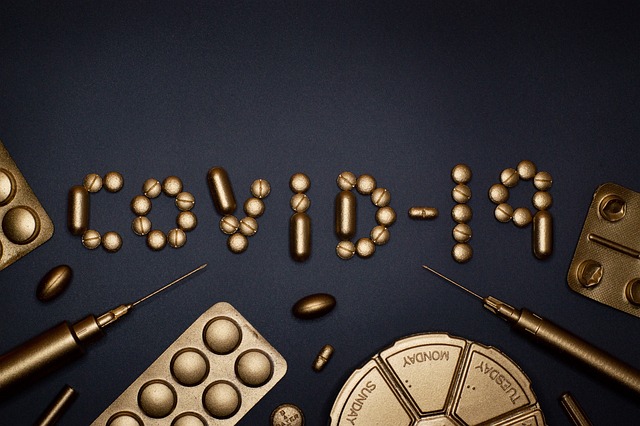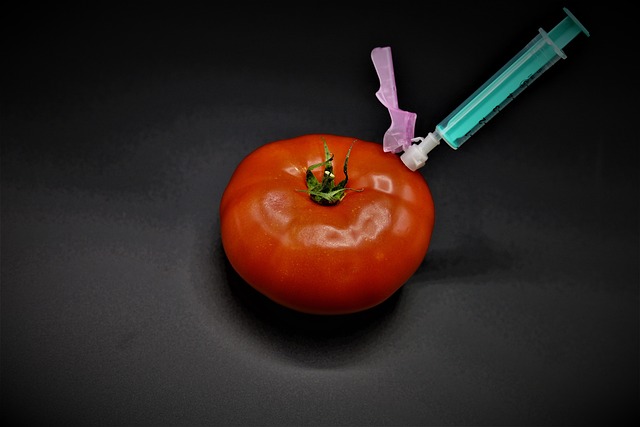
Job Responsibilities of a Medical Assistant
Introduction
The role of a medical assistant is integral to the healthcare system, serving as a bridge between patients and healthcare providers. With an increasing demand for medical assistants, projected to reach nearly 118,000 additional positions by 2031, understanding their job responsibilities is essential for those considering this career path.
Clinical Responsibilities
Medical assistants are often the first point of contact for patients in a healthcare setting. Their clinical responsibilities include:
- Patient Preparation: Medical assistants prepare patients for examinations by taking vital signs, medical histories, and assisting with physical exams.
- Assisting Physicians: They assist physicians during examinations and procedures, ensuring that the necessary instruments and supplies are available.
- Laboratory Duties: Medical assistants may perform basic laboratory tests, collect and prepare specimens for testing, and ensure proper handling and storage.
- Medication Administration: Under the supervision of a physician, they may administer medications and injections as required.
- Patient Education: They provide patients with information regarding medications, treatment plans, and follow-up care, ensuring that patients understand their health conditions.
Administrative Responsibilities
In addition to clinical tasks, medical assistants also handle various administrative duties that are crucial for the smooth operation of healthcare facilities. These responsibilities include:
- Scheduling Appointments: Medical assistants manage patient appointments, ensuring that the schedule is organized and efficient.
- Medical Records Management: They are responsible for maintaining and updating patient records, ensuring compliance with privacy regulations.
- Billing and Coding: Medical assistants may assist with billing processes, including coding procedures for insurance claims and managing patient payments.
- Insurance Verification: They verify patient insurance information and assist with pre-authorizations as necessary.
- Office Management: Medical assistants may oversee office supplies, manage inventory, and ensure that the office environment is conducive to patient care.
Skills Required
To effectively perform their duties, medical assistants must possess a variety of skills, including:
- Communication Skills: Clear communication with patients and healthcare professionals is essential for effective care delivery.
- Technical Skills: Proficiency in using medical equipment and software is necessary for both clinical and administrative tasks.
- Attention to Detail: Accuracy in patient records, medication administration, and billing is critical to avoid errors that could impact patient care.
- Empathy and Compassion: Understanding and addressing patient concerns with empathy is vital in providing quality healthcare.
Career Advancement Opportunities
The role of a medical assistant is not only rewarding but also offers various opportunities for advancement. With experience and additional training, medical assistants can transition into specialized roles such as:
- Lab Support: Working in laboratory settings to conduct tests and analyses.
- Phlebotomist: Specializing in drawing blood for tests and donations.
- Clinical and Administrative Managers: Overseeing healthcare facilities and managing staff.
- Medical Coordinators: Coordinating patient care and services within healthcare systems.
- Instructors: Teaching future medical assistants in educational programs.
Job Outlook and Compensation
The job outlook for medical assistants is promising, with a projected growth rate of 16% by 2031. This growth is driven by the increasing demand for healthcare services and the need for efficient patient care. Additionally, the compensation for medical assistants is expected to rise, making it a financially viable career choice.
Conclusion
In summary, medical assistants play a vital role in the healthcare system, balancing clinical and administrative responsibilities. Their diverse skill set and the potential for career advancement make this profession an attractive option for those interested in the healthcare field. As the demand for medical assistants continues to grow, so too does the opportunity for individuals to contribute meaningfully to patient care and the overall healthcare environment.

















 Violin Tuning Pegs Slipping
Violin Tuning Pegs Slipping 
 Health
Health  Fitness
Fitness  Lifestyle
Lifestyle  Tech
Tech  Travel
Travel  Food
Food  Education
Education  Parenting
Parenting  Career & Work
Career & Work  Hobbies
Hobbies  Wellness
Wellness  Beauty
Beauty  Cars
Cars  Art
Art  Science
Science  Culture
Culture  Books
Books  Music
Music  Movies
Movies  Gaming
Gaming  Sports
Sports  Nature
Nature  Home & Garden
Home & Garden  Business & Finance
Business & Finance  Relationships
Relationships  Pets
Pets  Shopping
Shopping  Mindset & Inspiration
Mindset & Inspiration  Environment
Environment  Gadgets
Gadgets  Politics
Politics 